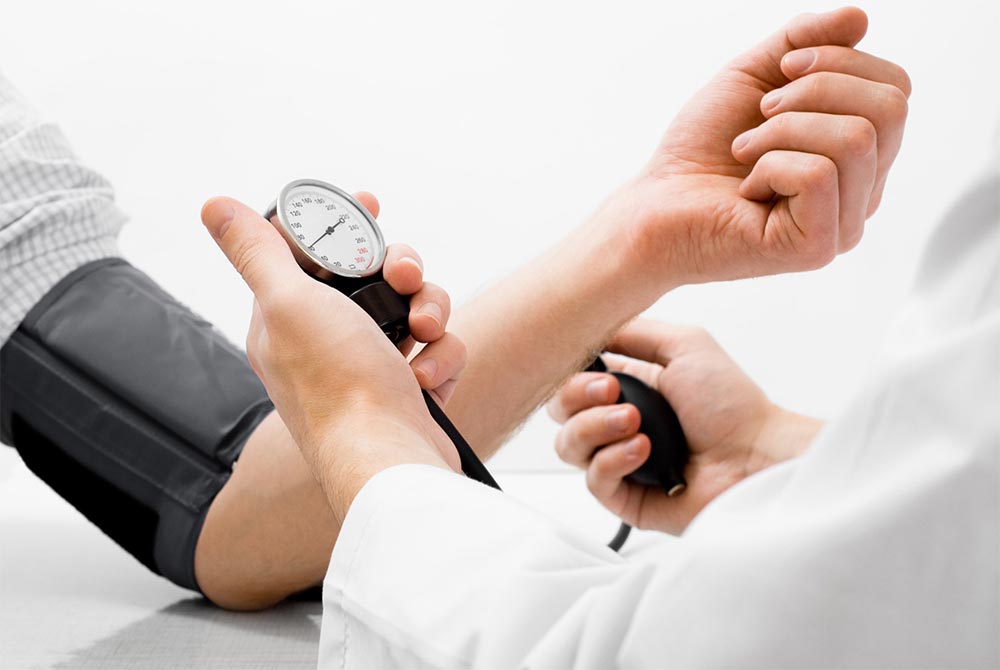Hypertension or high blood pressure is a health condition that can lead to severe complications such as an increased risk of heart disease and stroke. It might also lead to death.
Headaches, vision problems, and irregular breathing are the warning signs of hypertension. Your internal medicine Dr. near Gilbert will diagnose the issue and prescribe medication for effective management.
As per the expert in advanced internal medicine in the Gilbert Area, a holistic approach to your overall well-being and health is crucial and effective in treating hypertension. Well-managed stress and regular exercise can significantly improve your health. However, the essential aspect of managing hypertension is a healthy diet.
Be Mindful of the Portion
Food high in salt, cholesterol, sugar, and fat should be consumed in moderation to maintain a healthy circulatory and cardiovascular system. If you suffer from or are at risk of heart disease, you must steer clear of them. Common examples of these food items are:
1. Butter and full-fat dairy products
2. Sweets
3. Canned soups
4. Processed, cured, or red meat
5. Soda
6. Fried food
Alcohol consumption should also be carefully monitored and restricted.
The top internal medicine Dr. near Gilbert also recommends the DASH diet to avoid overconsumption of risker food groups.
The DASH diet
DASH is an acronym for Dietary Approaches to Stop Hypertension. Internal medicine doctors recommend it to manage chronic or excessively high blood pressure levels.
Depending on your condition and requirements, a standard of 2,300 mg of sodium daily or lower sodium of 1,500 mg of sodium every day will be recommended. The grain and protein portion are also reduced.
- Incorporating Food Items in your Diet that Lowers Blood Pressure:
While, it is crucial to eliminate or limit certain food groups in your diet, you must also include some that promote healthy blood pressure levels. As per studies, food rich in fiber, calcium, magnesium, and potassium can remarkably lower blood pressure over time.
Whole Grains: Low sodium and high fiber of oatmeal make it an ideal whole grain source for patients suffering from hypertension.
Vegetables and Fruits: Fresh vegetables and fruits are a critical part of a hypertension patient’s diet. Include bananas, berries, pomegranates, beets, and leafy greens, in your diet.
Meats, Seeds, and Nuts: Hypertension patients must avoid red meat and salted nuts. However, fish, pistachios, and seeds are a great choice. Remember to prepare and season them with low sodium ingredients.
The Bottom Line
If you are at risk or suffer from hypertension, schedule a routine check-up with the doctor of advanced internal medicine in the Gilbert Area. High blood pressure can be significantly managed with effective treatment and a proper diet.

